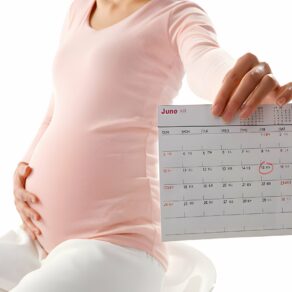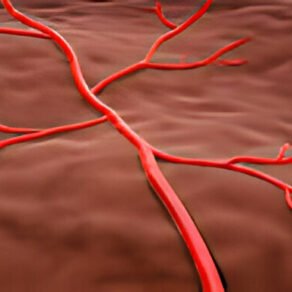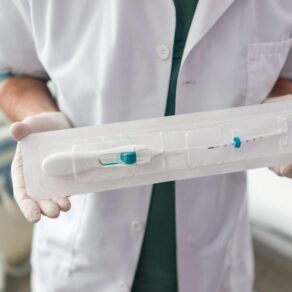Navigating the realm of pregnancy tests can be overwhelming, especially when seeking the earliest detection option. Early detection is crucial for expectant mothers who are eager to confirm pregnancy as soon as possible. Let’s delve into this topic to What pregnancy test detects earliest? providing clarity and peace of mind during this exciting time.
Understanding Early Pregnancy Detection
Early pregnancy detection refers to the ability of a pregnancy test to accurately detect the presence of human chorionic gonadotropin (hCG), the hormone produced by the developing placenta shortly after implantation. The earlier hCG levels can be detected, the sooner pregnancy can be confirmed.
Types of Pregnancy Tests
There are two primary types of pregnancy tests: urine tests and blood tests. While both types of tests can detect pregnancy, blood tests are generally more sensitive and can detect lower levels of hCG, offering earlier detection.
Urine Tests:
Urine tests are the most commonly used method for home pregnancy testing. These tests come in various formats, including strip tests, midstream tests, and digital tests. While some urine tests claim early detection, they may not be as sensitive as blood tests.
Blood Tests:
Blood tests, performed by healthcare providers, offer the earliest detection of pregnancy. There are two types of blood tests: qualitative hCG tests and quantitative hCG tests. Qualitative tests confirm the presence of hCG, while quantitative tests measure the exact amount of hCG in the blood.
Which Pregnancy Test Detects Earliest?
Among pregnancy tests, quantitative blood tests are the most sensitive and offer the earliest detection of pregnancy. These tests can detect very low levels of hCG, often as early as 7-10 days after conception.
Factors Affecting Early Detection:
While quantitative blood tests offer the earliest detection of pregnancy, several factors can influence the accuracy and timing of early detection:
- Timing of Testing: Early testing, before hCG levels have had a chance to rise sufficiently, may result in a false negative result. It’s essential to wait until after a missed period or use a highly sensitive test for early detection.
- Quality of Test: The sensitivity of a pregnancy test depends on the brand and quality of the test. Some brands offer tests specifically designed for early detection, which may be more sensitive than standard tests.
- Individual Variation: Every woman’s body is different, and hCG levels can vary from person to person. Factors such as implantation timing and hCG production rate can affect the timing of detection.
Conclusion:
In conclusion, while both urine and blood tests can detect pregnancy, quantitative blood tests offer the earliest detection with the highest sensitivity. These tests can accurately detect pregnancy as early as 7-10 days after conception, providing expectant mothers with timely confirmation and peace of mind. However, it’s essential to consider individual factors and test timing when seeking early detection, and consulting with a healthcare provider for personalized guidance is always recommended.





